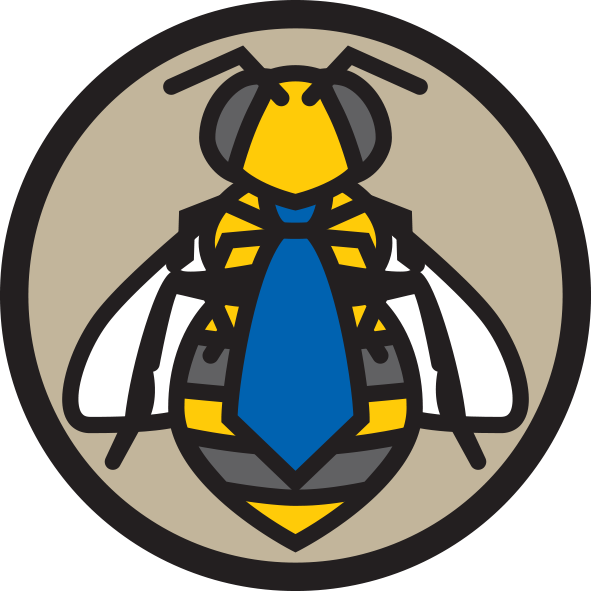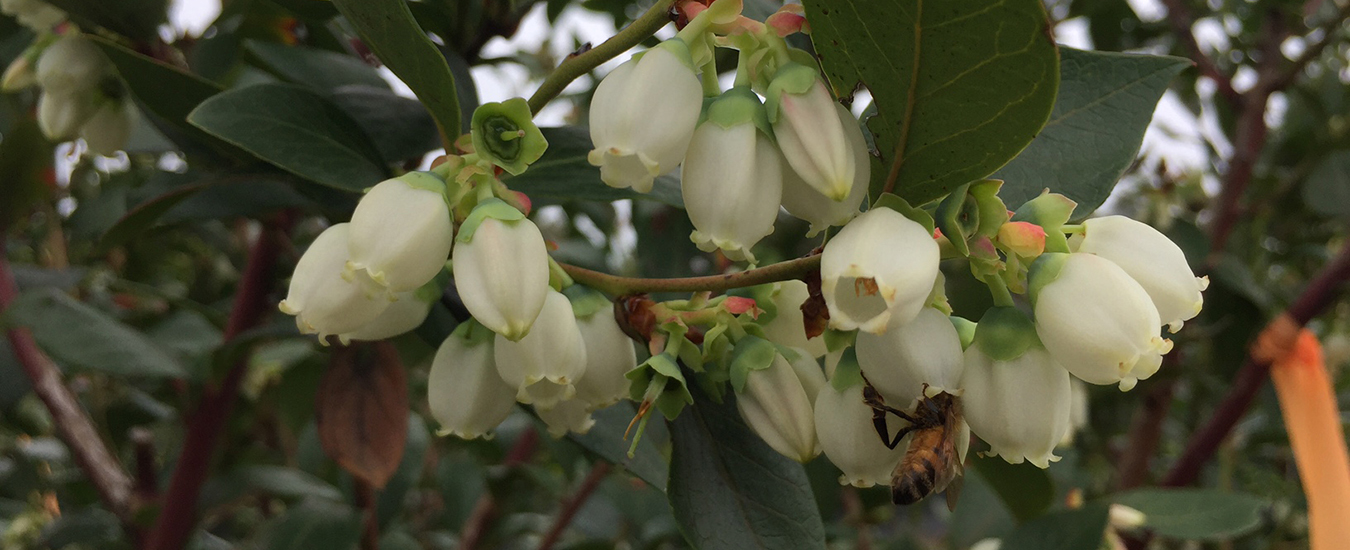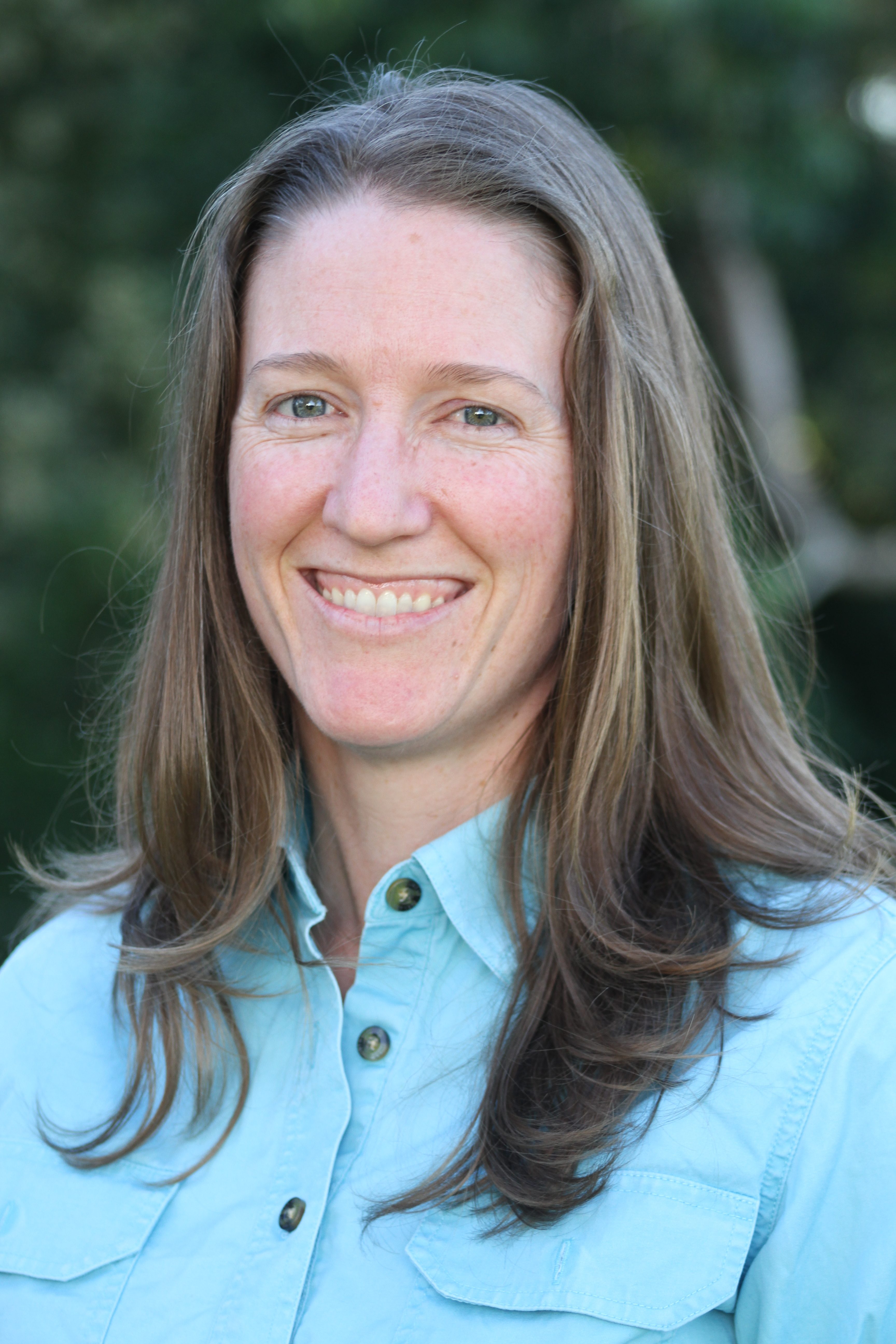Australia’s honey bee genetic improvement program (Plan Bee) seeks to breed honey bees with traits that benefit both beekeepers and growers. However, the program recognises that humans have a large role to play in pollination. How our crops and bees are managed has repercussions that affect both honey bees and the industries that depend on them.
The Plan Bee team are therefore seeking insights from the avocado, almond and blueberry industries to understand the challenges affecting pollination services, and the opportunities where Plan Bee can help overcome existing issues.
How you can help
If you are a grower or a beekeeper working on these crops you can participate in this project using the links below:
- Survey for growers: https://redcap.sydney.edu.au/surveys/?s=JT3JDL9PNR
- Survey for beekeepers: https://redcap.sydney.edu.au/surveys/?s=CMN8KFM3PP
Understanding the pollination dynamic is critical as honey bees contribute AU$4-6 billion to the Australian economy through pollination services. Pollination can improve both the yield and the quality of produce, and 35 industries are dependent on honey bees, with others benefiting from them.
Pollination contracts are an important income stream for beekeepers and offer a way for beekeepers to diversify their business to help mitigate the effects of droughts, bushfires and resource insecurity.
The need for pollination services will continue to increase into the future. It is therefore important that industries work together to their mutual benefit.
Watch the following presentation where Nadine Chapman discusses the importance of beekeepers and growers working together.
Acknowledgements:
- Plan Bee (National Honey Bee Genetic Improvement Program) is supported by funding from the Australian Government Department of Agriculture, Water and the Environment as part of its Rural Research and Development for Profit program. The project is further supported by AgriFutures Australia, the Department of Regional NSW, University of Sydney, University of New England Animal Genetics and Breeding Unit, Better Bees WA Inc, Wheen Bee Foundation, Costa Group, Olam, Beechworth Honey, Monson’s Honey and Pollination, South Pacific Seeds, Australian Queen Bee Breeders Association, Australian Honey Bee Industry Council, and commercial beekeepers.
- This article was peer-reviewed by Patsavee Utaipanon and Elizabeth Frost.


